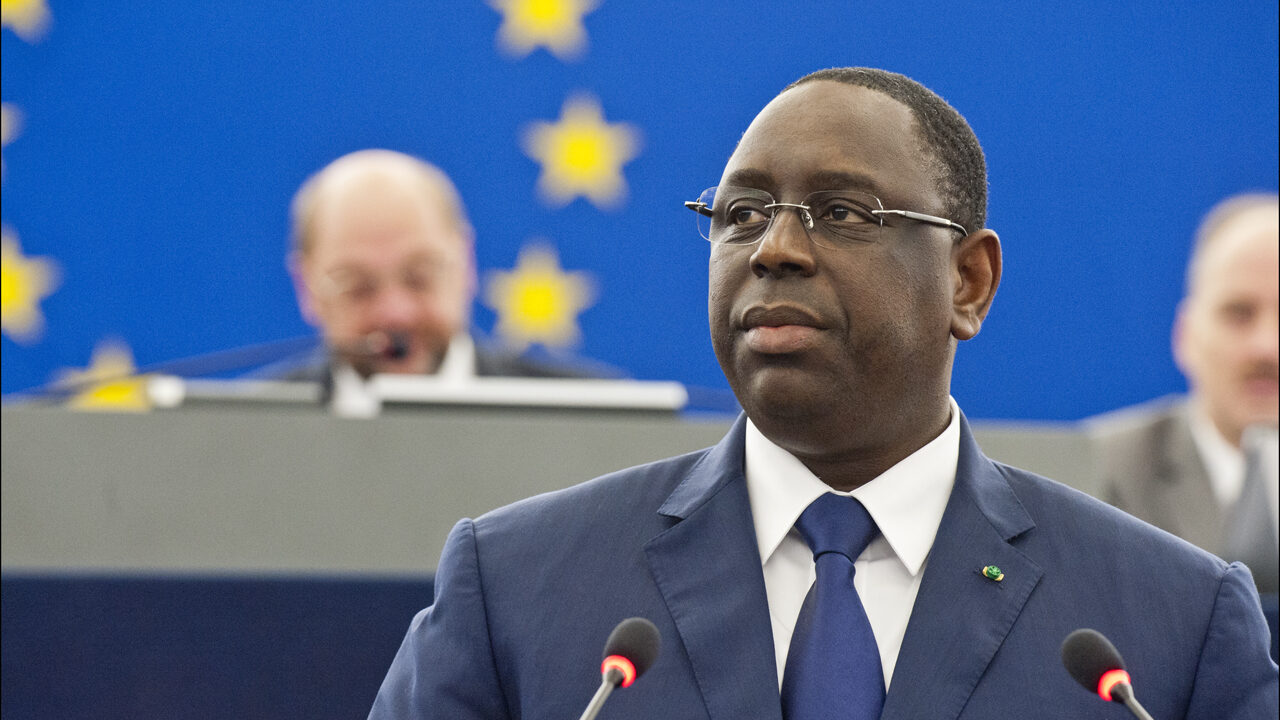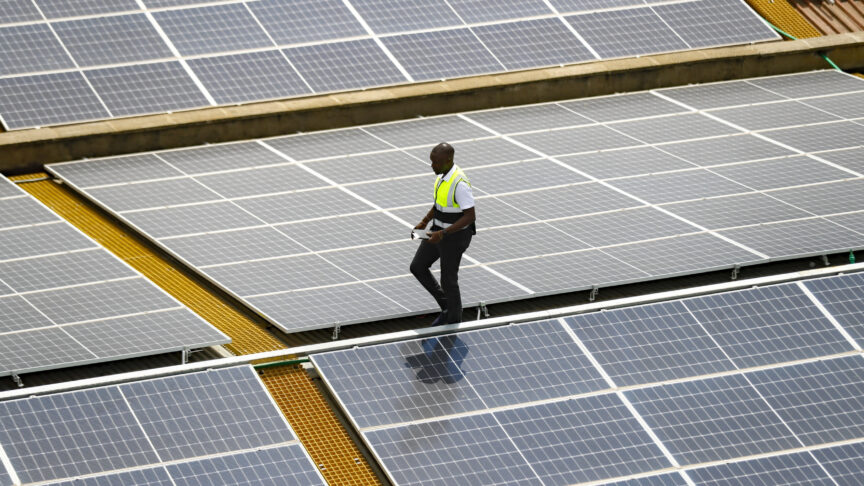Principles for global order: How Europeans and the global south can shape the international order together
The experience of 2022 is a sharp reminder to Europeans that the states of the global south want to reform existing international arrangements. They should begin to negotiate on how this could look
European leaders realise the old global order is crumbling. The violation of Ukraine’s sovereignty and territorial integrity by Russia – a member of the UN Security Council, which is the supposed steward of that order – has shattered any illusion of restoring it. Global order is now contested: Russia aims to diminish it altogether; China seeks to mould the rules around its own ambitions. So, even as Europeans juggle immediate security, energy, and economic resilience pressures, they must not miss the new strategic imperative: to reshape the global order and build partnerships towards that end.
In this venture, Europe’s relations with the global south will be central. Following Russia’s all-out invasion of Ukraine, Europeans quickly proposed a UN General Assembly resolution condemning the aggression with a view to isolating Russia. Many European policymakers assumed that much of the world would agree with them – about Ukraine, but also about the attack on the rules-based global order.
States such as China were never likely to support the European position. This meant that the decisive vote at the United Nations would be the global south (a catch-all moniker for vastly divergent low-income and emerging economies in Asia, the Middle East, Africa, and Latin America). But European diplomats have privately admitted that their early assumptions about the global south’s alignment were poorly founded. Particularly in Africa, European countries presumed that strong relations with the continent and a basis of shared principle in upholding global order would guarantee support. Failing to secure majority African backing in the first and successive votes, Europeans have now had to confront hard truths about the true state of their relations with Africa and the support the global order enjoys.
The more Europeans sought African states’ support at the UN, the more historical and recent grievances came to the fore. Africa’s experience of colonialism and more latterly Western hegemony merged with African leaders’ perceptions of the global order. The current order, they contended, serves Europe and the West, not the world, and certainly not Africa. They point to the lack of equitable representation for Africa in this order – contrary to its universalist principles – as proof of that Western hegemony. The more recent failure of global order to deliver for an Africa buffeted by global crises reinforced this sentiment. The deeply inegalitarian responses to the covid-19 pandemic and climate change headline those shortcomings.
Many African leaders were left cold by European attempts to frame Russia’s actions as a threat to the global order, since they felt it was effectively the Western order that was under attack. What they (and much of the global south) heard instead was a demand to take Europe’s side in a new great power competition. Key global south leaders made clear that they would instead seek agency amid this new great power competition. They do not want to be consigned to one side or the other, but to retain the ability to pursue international relations with all as best serves their interests.
Europeans therefore have their work cut out when it comes to creating alignment with the global south around a new version of the global order. And they may not yet have fully appreciated the scale of the task ahead of them. In closed-door conversations, European decision-makers have now registered their depreciated stock in Africa. But so far their chastened conclusion is the need to “listen” better to the global south.
However, they should not allow that listening to serve as an excuse for inaction, substituting penitence for policy. European leaders need to grasp that defending the status quo without also enacting change will deny the international order the global ownership it needs to gain the confidence of its participants, the global south above all.
Europeans should not allow simply ‘listening’ to African states to serve as an excuse for inaction, substituting penitence for policy.
The experience of 2022 should make clear that the global south is effectively a swing constituency sitting between rival visions of global order. Europe needs to court that vote with two goals. Firstly, to increase ‘ownership’ by the global south of new international arrangements. This in turn would abet the second goal: to deny China (and Russia) the unguarded ideological flank that disenfranchisement creates.
Europeans should conduct this courtship through negotiation with the global south. This should begin with the West and global south representatives together defining a list of demands and working through them in a systematic fashion. Europeans should launch this process with an impactful opening gesture that shows they are prepared to cede some of their privilege. Global south states have long demanded greater inclusion and representation in global governance – but to no avail. So Europeans should signal that they will consider conceding a share of their seats at the table: an African seat at the UN Security Council, greater African representation in the IMF’s governance (which the organisation is reviewing in 2023), and possible inclusion of the African Union in the G20.
But the negotiation will need to go beyond greater inclusion and address real points of difference. From values flow rules, and therefore a substantive negotiation on the values of the international order would complement the inclusion aspect of global order negotiation. The values that Europeans, broadly speaking, pursue as part of their international relations fall into three main categories: social and cultural; economic; and political. Social and cultural values derive from tradition or religion. Economic values characterise the market system of a given country or bloc. Political values define how state and citizen interact and they find expression in the triad of human rights, democracy, and rule of law. Some of Europe’s social and cultural values are not shared, while others, like the centrality of human rights, are common, but global south states elevate other priorities above them.
Therefore, fundamentally, even if Europeans judge their values to be universal, the projection of values in foreign policy will need to be a negotiation. For example, African leaders have perceived maximalist pursuits of individual human rights in foreign policy as violations of the global order rules of sovereignty and territorial integrity. Europeans may regard as ancient history the 2012 intervention in Libya animated by the responsibility to protect doctrine, but in Africa’s historical memory it remains an open wound. Many African leaders see the transnational reach of global order human rights mechanisms as a lesser degree of the same violation.
Moreover, Africa and the global south lean towards China in framing economic development as of paramount interest. China may well couch that interest as the pre-eminent human right as it works to redefine global order; it already does so as part of its own domestic governance. Many African states echo this prioritisation, for example in the tension between their economic development imperatives and the demands that Europe’s global climate change objectives place on Africa’s economies.
Negotiations often begin by framing a declaration of principles. As the term suggests, these are broad points that create the framework for the substantive negotiations. They express a shared view of the challenge and provide a reference point to which to return when sticking points emerge – much like the relationship between a nation’s constitution and its more specific laws. Europeans could begin the process of redefining global order with a declaration of intent to define it together with the global south: a new declaration of principles for global order.
The European Council on Foreign Relations does not take collective positions. ECFR publications only represent the views of their individual authors.



